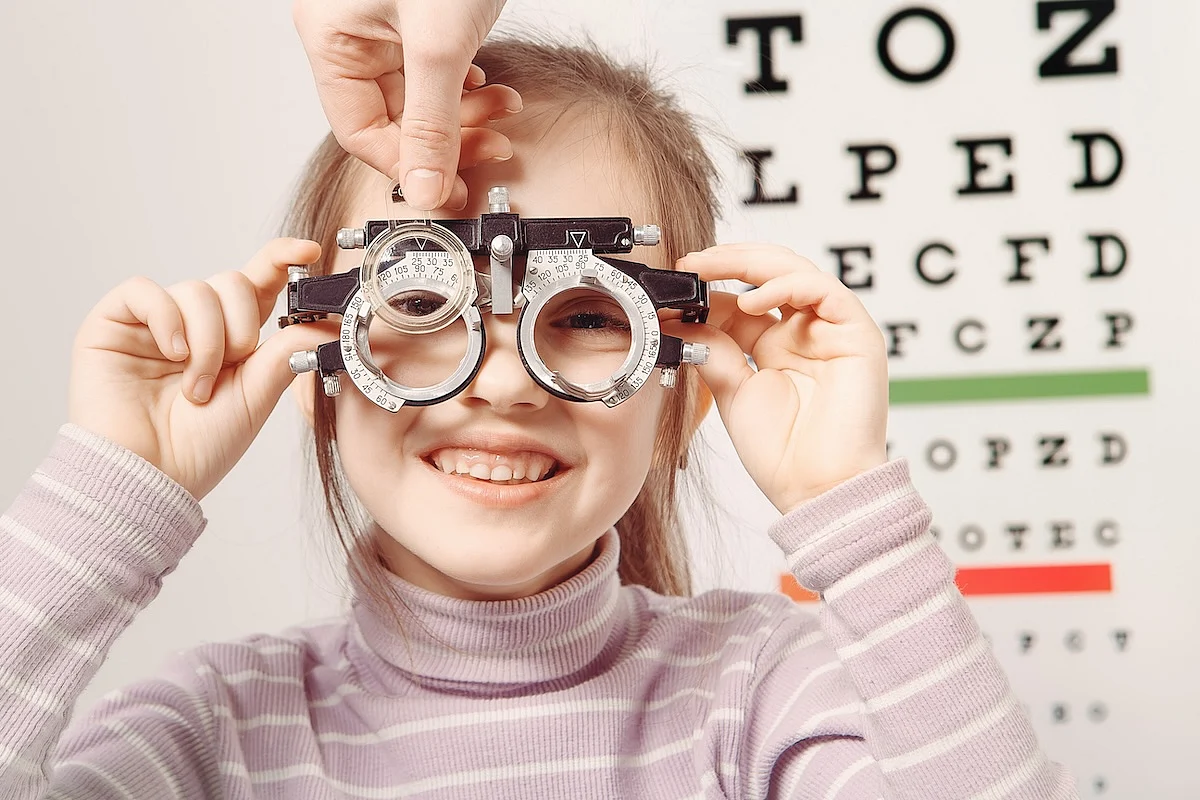Addition of 0.01 percent atropine did not increase the efficacy of DSDO spectacle lenses
By Lori Solomon HealthDay Reporter
TUESDAY, July 15, 2025 (HealthDay News) — Daily use of diversified segmental defocus optimization (DSDO) spectacle lenses delays the onset of myopia among children, according to a study published online July 10 in JAMA Ophthalmology.
Yuchang Lu, M.D., from Peking University People’s Hospital in Beijing, and colleagues evaluated the efficacy of DSDO spectacle lenses with or without 0.01 percent atropine for myopia prevention. The analysis included children (aged 5 to 12 years) who were randomly assigned (1:1:1) to receive DSDO spectacles with placebo eye drops (DSDO group; 121 individuals), DSDO spectacles with 0.01 percent atropine eye drops (DSDOA group; 125 individuals), or single-vision spectacles with placebo eye drops (control group; 124 individuals).
The researchers found that the one-year cumulative incidence rates of myopia in the DSDO, DSDOA, and control groups were 5.8, 4.8, and 15.3 percent, respectively. The percentages of participants with fast myopic shift after one year were 15.7, 9.6, and 42.7 percent, respectively. There was significantly lower one-year cumulative myopia incidence in both the DSDO and DSDOA groups (DSDO: difference, 9.5 percent; DSDOA: difference, 10.5 percent). Results were similar for the percentage of patients with fast myopic shift (DSDO: difference, 27.0 percent; DSDOA: difference, 33.1 percent) compared with the control group. There were no significant differences between the DSDO and DSDOA groups.
“The daily use of DSDO spectacle lenses delayed the onset of myopia and slowed its progression among children without myopia; thus, the use of these lenses might be an effective alternative preventive method for myopia in children without myopia,” the authors write.
Abstract/Full Text (subscription or payment may be required)
Copyright © 2025 HealthDay. All rights reserved.








